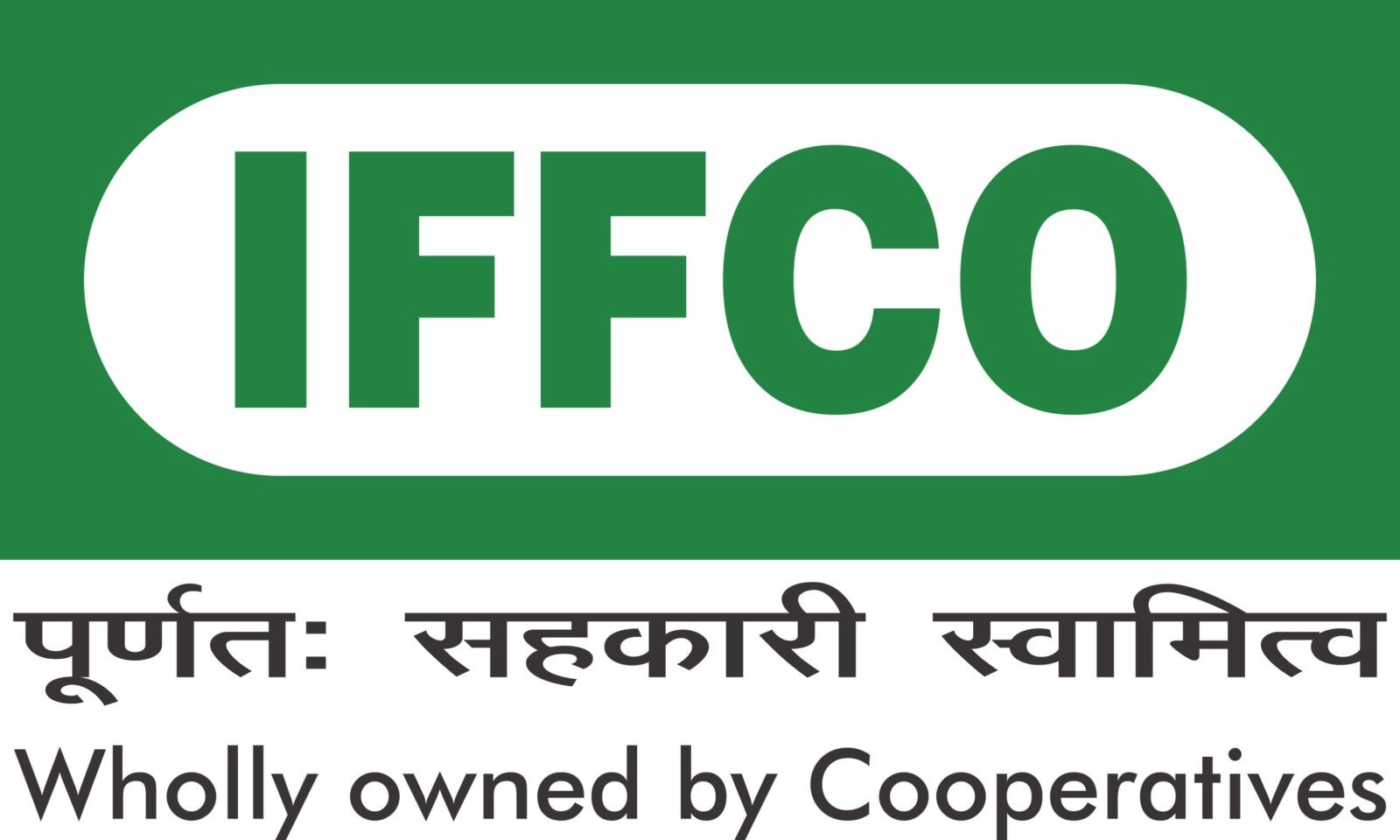The main objective of this virtual dialogue is to bring together all key stakeholders to deliberate and suggest a future road map towards development of the Indian Dairy Sector
The Federation of Indian Chambers of Commerce and Industry (FICCI) is organizing an interactive session on “Development of Indian Dairy Sector Post COVID-19 Scenario” on 23rd July at 3 PM. Atul Chaturvedi, Secretary, Animal Husbandry & Dairying, Government of India (GoI) will be joining this virtual session and interact with the stakeholders.
Dairy sector plays a critical role in linking Indian rural households to consumers in the domestic and international markets. India has been the leading producer and consumer of dairy products worldwide with a sustained growth in the availability of milk and milk products. However, with nationwide lockdown measures in place due to COVID-19 pandemic, disruption in demand-supply chains had an impact on dairy sector too. The dairy sector faced initial hiccups in form of operational challenges such as transportation of material, shortage of workforce procuring milk and workforce restrictions to name a few during lockdown.
In the present context, the government has announced several incentives and financial measures under the economic package for development of dairy sector. Further, COVID-19 seems to provide a plethora of opportunities for the sector with emerging trends of shift in consumer preferences to dairy based protein, increased demand of immunity boosting products across value chain, record milk production & collection levels during the COVID-19 scenario in India. Thus, the tremendous potential offered by the dairy Sector in terms creation of value-addition products as a profitable business opportunity, can serve as an important tool for overall socio- economic development of the country.
Recognizing this, the main objective of this Virtual Dialogue is to bring together all key stakeholders to deliberate and suggest a future road map towards development of the Indian Dairy Sector in terms of attracting potential investments, evaluating emerging trends and opportunities, addressing ground level challenges, promoting entrepreneurship & value creation, etc. in the Evolving Dairy Business of India.
Key Speakers-
Welcome Address: Dilip Chenoy, Secretary General, FICCI
Keynote Address By: Atul Chaturvedi, Secretary, Animal Husbandry & Dairying, GoI
Presentation on Indian Dairy Sector By: Mohit Bhasin, Partner, KPMG India
Address By: Dr. R S Sodhi, Managing Director- GCMMF (AMUL)
Address By: Siraj Hussain, Former Secretary, Ministry of Food Processing Industries, GoI
Address By: Dr. Prashant Shinde, Commercial Director- Dairy Feed Business, Cargill India
Moderation By: Jyoti Vij, Deputy Secretary General, FICCI
Session Highlights
Present Scenario & Challenges Faced by the Indian Dairy Sector: COVID-19 Impact Assessment
Potential Implications of Financial Incentives & Reforms under Atmanirbhar Bharat Abhiyan
Outlook for Indian Diary Sector-Identifying Emerging Business Opportunities & Recommendations
Status of Dairy Feed Industry & Challenges Faced by Organised Feed Sector
Interactive Q & A Session
Who Should Attend?
Members of Dairy Cooperatives
Start-ups & Dairy Entrepreneurs
Dairy Researchers & Academia
Dairy Technology Professionals
Food Processing Companies
Progressive Dairy Farmers
Dairy Nutritionists & Experts
The link for joining the program will only be shared after receipt of filled registration form.
FOR REGISTRATIONS: Please click the link: https://forms.gle/7tnmuNPstdaSnsxM6
For Queries & Sponsorship Opportunities, Please Contact: Ms. Sakshi Saini, Email: sakshi.saini@ficci.com
The main objective of this virtual dialogue














